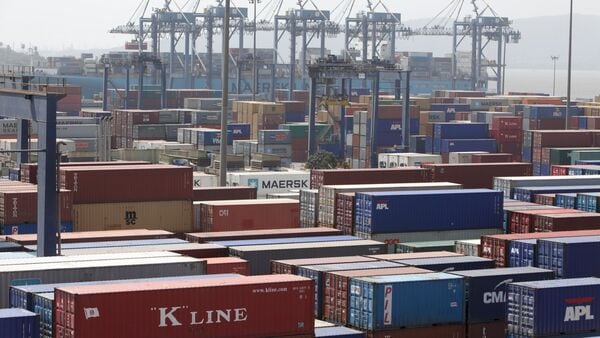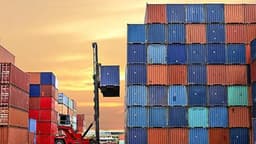Home / Business and Economy / India Shifts Exports to Africa, South Asia as US Tariffs Bite
India Shifts Exports to Africa, South Asia as US Tariffs Bite
14 Nov, 2025
Summary
- India exports $18B annually to 8 countries, 4.2% of total exports
- Pilot project to redirect goods from US to Africa, Nepal, Sri Lanka, Bhutan
- Buyer-seller meets held to facilitate new export destinations

As of November 14, 2025, the Indian government is actively working to shift its export focus from the United States to new markets in Africa and South Asia. The ministries of micro, small and medium enterprises (MSME) and commerce have been leading this initiative, collaborating with Indian embassies abroad.
Currently, India exports around $18 billion worth of products annually to a group of eight countries, accounting for 4.2% of its total goods exports in the last fiscal year. The government has now launched a pilot project to diversify these export destinations, targeting friendly and emerging markets in Africa and neighboring regions like Nepal, Sri Lanka, and Bhutan.
The plan involves holding stakeholder consultations and buyer-seller meets, where potential buyers from these new markets are invited to connect with Indian suppliers. The goal is to redirect goods initially meant for the US to these alternative destinations, providing a buffer against the impact of the new US tariff regime that came into effect in August.




